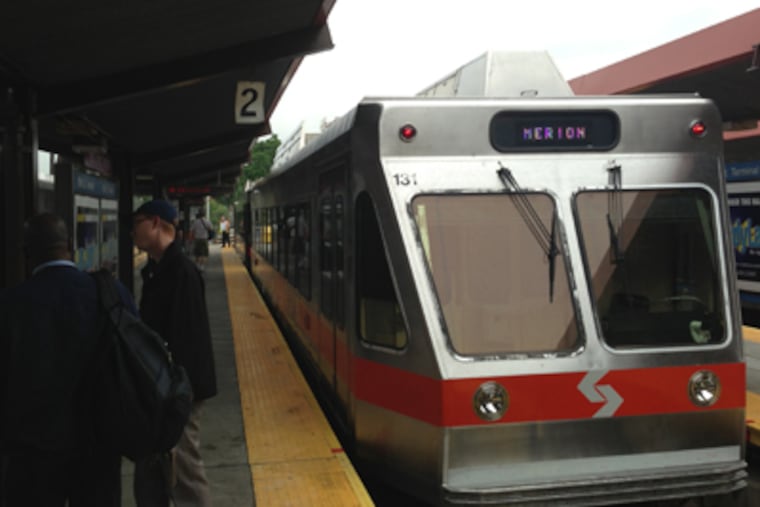How to navigate SEPTA if transit workers go on strike
Regional Rail and the Norristown High Speed Line will continue to run.

A Transport Workers Local 234 strike against SEPTA would be jarring for people who rely on public transportation in Philadelphia and could likely unleash travel chaos as hundreds of thousands of riders look for alternatives.
SEPTA has posted travel information on its website for a potential service interruption.
Service on city bus and subway routes would shut down if the roughly 5,000-member union walks off the job, meaning that trolleys, the Broad Street Line subway and the Market-Frankford Line (the El) would not operate.
» READ MORE: What you need to know about a possible SEPTA strike
Regional Rail, however, would run. SEPTA is encouraging regular customers to take those trains, which connect with suburban bus, light rail and trolley services that would continue to operate. In addition, Regional Rail serves a number of stations in outlying city neighborhoods and Center City.
“We’re not sugarcoating that it would be a huge disruption for the vast majority of our riders,” SEPTA spokesperson Andrew Busch said. Regional Rail trains would be crowded, and SEPTA advises allowing extra time for travel.
» READ MORE: If SEPTA strikes, some Philly schools may need to go virtual
For more specifics on which routes will be available and which will not operate click here.
The 13.4-mile Norristown High Speed Line, a light-rail interurban service, will be available if there is a strike, as will SEPTA bus routes in the suburbs and trolleys on the Media/Sharon Hill Line in Delco.
SEPTA Access will offer paratransit services for registered customers with disabilities and registered users of the Shared Ride program on a modified basis, with possible delays due to volume. Shared Ride customers would only be able to book next-day trips, subject to availability, SEPTA says.
What happens if a strike starts while a SEPTA vehicle is carrying passengers?
The protocol is for operators to “finish the run they are on and return the vehicle to the depot,” Busch said.
SEPTA plans to have transportation managers, who are not unionized, in the field to respond to issues, including if a bus or other vehicle is parked when the strike starts and needs to be driven back.
“That has not been much of a problem with past strikes,” Busch said, but sometimes confusion or maybe unclear communications leads to a couple of buses having to be driven back.